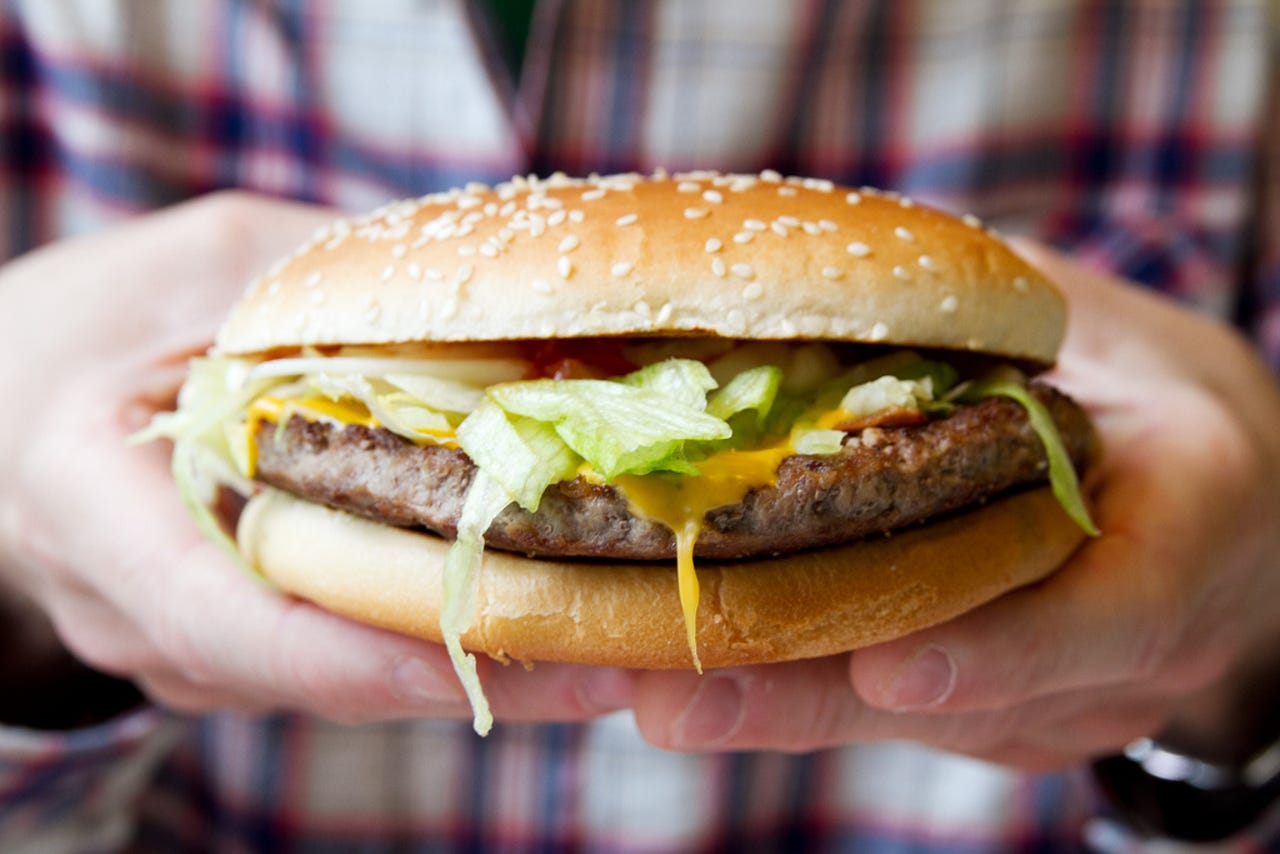Innovation
How McDonald's could radically change the beef industry
McDonald's is making a big push for more sustainable beef, eventually.


But McDonald's wants to change your perception of its beef. The company announced this week that it plans to eventually buy 100 percent of its beef from sources that are "verified sustainable."
The fast-food chain will begin buying a portion of its beef from sustainable sources by 2016. According to GreenBiz, which first reported the story, McDonald's isn't ready to commit to a date for when it will obtain all of its beef from sustainable sources or how much it will begin with in 2016.
And what exactly does "sustainable beef" mean to McDonald's? We're not sure. And neither are they. That's because McDonald's is currently in the process of meeting with stakeholders -- from Walmart to the World Wildlife Foundation -- to come up with a viable definition.
Still, it's clear that McDonald's is committed to some ambitious changes that could lead to a massive overhaul in the beef industry, especially in the United States. That's because McDonald's is the biggest buyer of beef in the U.S., buying about 800 million pounds of beef every year and accounting for three percent of U.S. beef consumption.
So any changes that McDonald's makes will have a significant impact on a vast industry. As GreenBiz describes it:
When you trace the hamburger supply chain upstream, you find yourself at one of the roughly 400,000 cattle farms that provide meat that eventually ends up in a McDonald’s burger, many of them small operations with 50 or fewer head of cattle. They are the beginning of a value chain that includes ranches, dairy farms, cattle stockers, feedlots, beef packers and processors. Along the way, cows are raised, fattened and slaughtered, and the resulting beef is trimmed, ground, mixed with other beef, formed into patties, inspected, packaged, frozen, shipped to distribution centers and, eventually, to one of McDonald’s worldwide restaurants.
The focus on improving beef sourcing comes as studies have found that beef farming has significant negative impacts on the environment compared to other meats. Not only that, "beef is the least efficient way to produce protein." At McDonald's, according to GreenBiz, beef accounts for 28 percent of its carbon footprint.
What will that mean for prices at the ultra-cheap fast-food chain? We can't say for sure because we don't know what changes will need to be made. While "sustainable beef" burgers could mean a price increase, the dollar menu is already on its way out.
The hope for McDonald's is that greater knowledge of where the beef comes from will help make up for the likely higher prices and improve their reputation.
"From the research we do, consumers really care about where their food comes from," Bob Langert, McDonald’s vice president of global sustainability, told GreenBiz. But will it be enough to help turn around declining sales?
Read more: GreenBiz
Photo: Flickr/roboppy
This post was originally published on Smartplanet.com